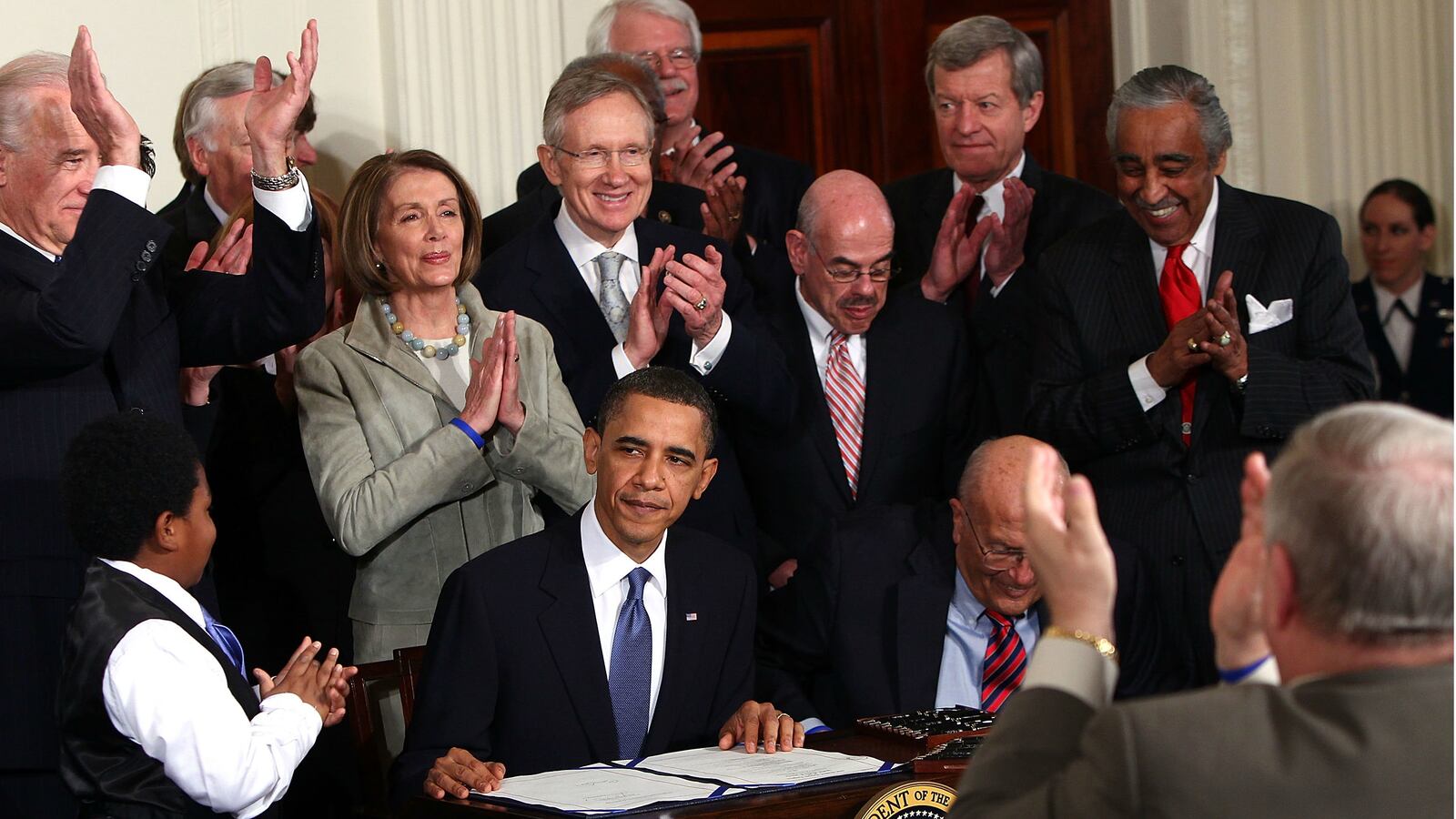
My suggestions for what to do next, were originally proposed in The Week last year.
It's by no means a complete program—it does not address for example the huge problem of the increased Medicaid burden on the states—but it's something Republicans could actually do right away, in ways that meet their...





